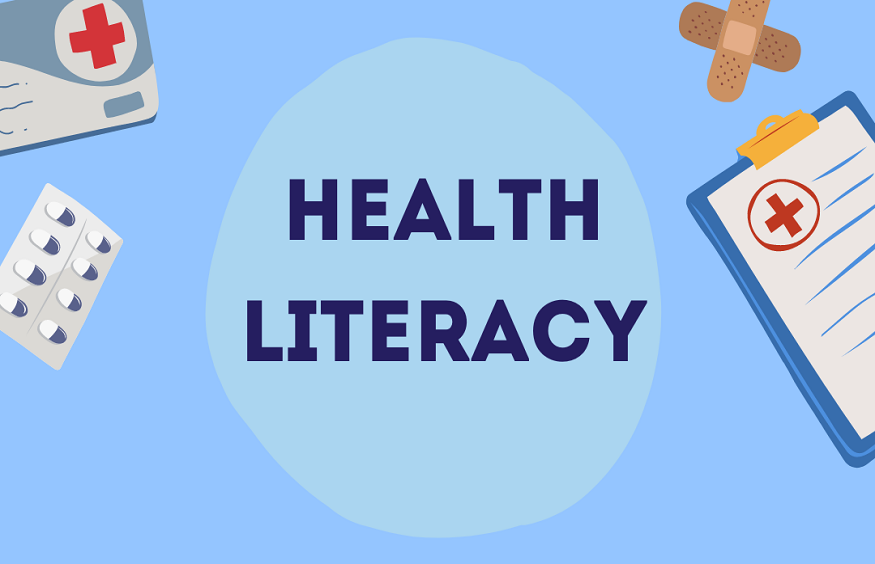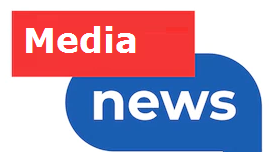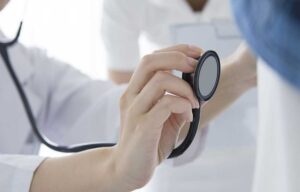
Medical Clinics And Their Contribution To Health Literacy
Medical clinics play a vital role in boosting health literacy. They are the bridge between complex medical knowledge and everyday understanding. In clinics, patients learn about their health conditions and receive guidance on managing them. For instance, in Fairfield, services like female hormone optimization fairfield help demystify hormonal health. Clinics provide clear, actionable insights to empower patients, enhancing their ability to make informed health decisions.
The Importance of Health Literacy
Health literacy is essential for making informed health choices. It helps in understanding medical instructions, prescription labels, and the benefits of various treatments. When patients comprehend this information, they are more likely to follow their treatment plans. This understanding leads to better health outcomes and reduces the risk of complications. According to the U.S. Department of Health and Human Services, improved health literacy can enhance the quality of life by promoting preventive care and reducing hospital visits.
How Clinics Educate Patients
Clinics provide valuable educational resources. They use brochures, digital platforms, and one-on-one consultations to explain medical conditions and treatments. These resources are designed to be easy to understand and accessible to all. Clinics also host workshops and seminars to dive deeper into specific health topics. This proactive approach helps patients grasp the necessary skills to manage their health effectively.
Role of Medical Staff
Doctors, nurses, and other healthcare professionals guide patients through their health journeys. They simplify complex medical terms into everyday language. Medical staff offer personalized advice based on individual health needs. This personalized care fosters trust, encouraging patients to ask questions and seek clarification. The Centers for Disease Control and Prevention emphasizes the importance of communication between patients and providers in improving health literacy.
Comparing Health Literacy Services
| Service | Description | Benefit |
| In-Person Consultations | Face-to-face meetings with medical staff | Builds trust and allows for personalized advice |
| Digital Education Tools | Online resources and apps | Convenient access to health information |
| Community Workshops | Group sessions on health topics | Encourages peer support and shared learning |
Challenges in Health Literacy
Despite efforts, several challenges remain. Some patients face language barriers or have limited access to digital tools. Others might find it hard to navigate the complexity of the healthcare system. Clinics work to address these issues by providing interpreters, simplified materials, and support services to bridge these gaps.
The Future of Health Literacy in Clinics
Advancements in technology offer new opportunities for clinics to enhance health literacy. Telemedicine and digital health platforms are becoming integral in patient education. These tools enable remote consultations and provide easy access to health information. As technology evolves, clinics will continue to play a crucial role in educating patients and improving health outcomes.
Conclusion
Medical clinics are essential in fostering health literacy. By providing clear and accessible information, they empower patients to take control of their health. Clinics bridge the gap between medical complexity and everyday understanding, ensuring that everyone has the knowledge needed to make informed decisions. As health literacy improves, so does the overall well-being of individuals and communities.


